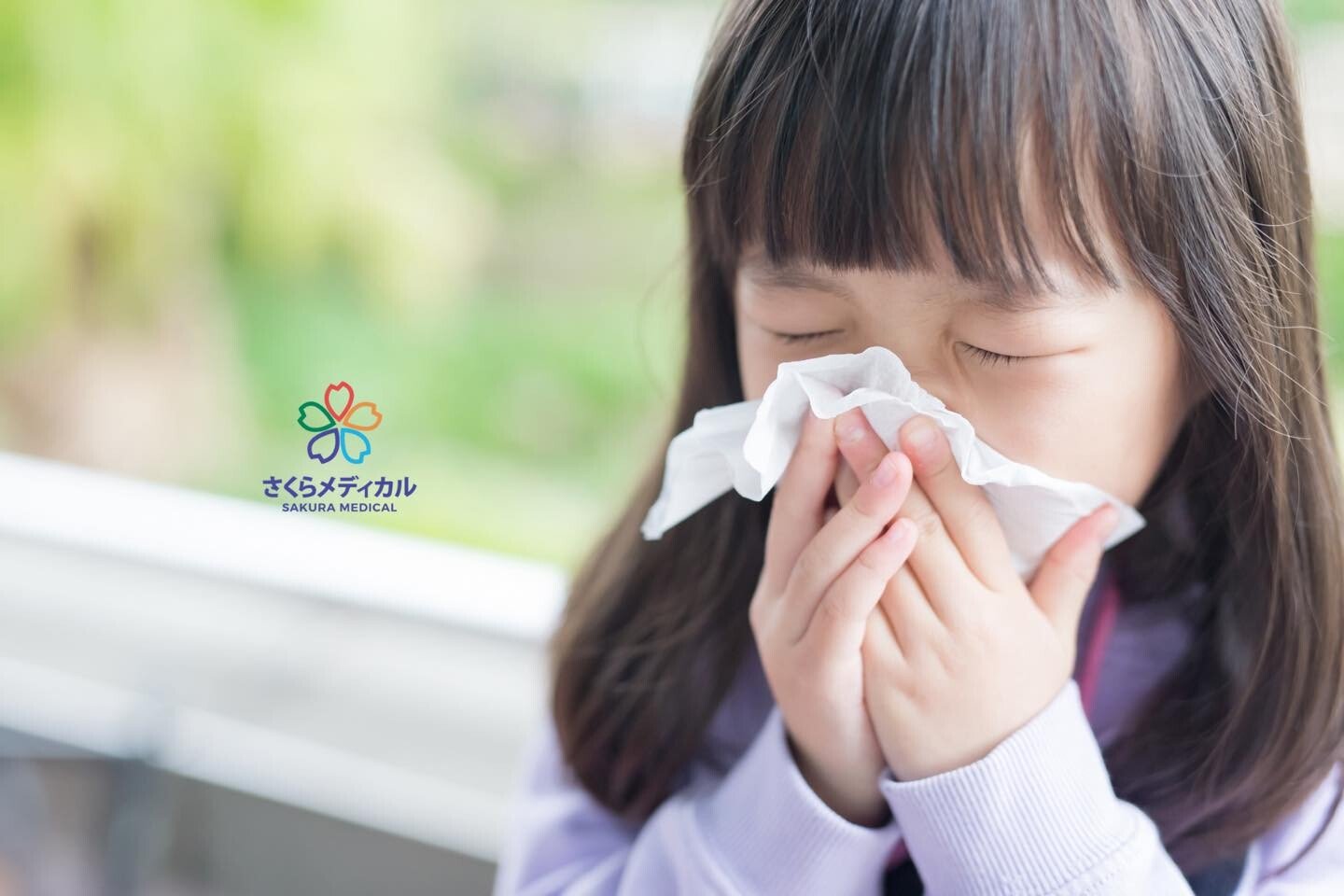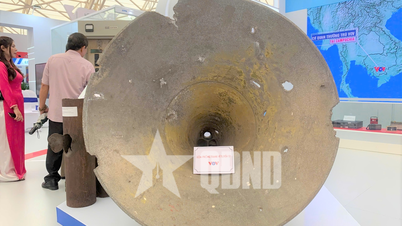Common symptoms include:
Itchy nose, sneezing, runny nose.
Skin rash, hives, dryness or peeling.
Dry cough, shortness of breath, chest tightness (in people with underlying respiratory disease).
Fatigue, insomnia due to prolonged itching.
Causes of weather allergies
Weather allergies occur when the immune system overreacts to environmental factors such as:
- Sudden change in temperature: from hot to cold or vice versa.
- Air humidity: low humidity causes mold and bacteria to grow; dryness causes skin to lose water and become easily irritated.
- Pollen, fine dust, smoke: often flare up when the weather changes seasons.
- Constitutional factors: people with allergies, asthma, allergic rhinitis, atopic dermatitis are prone to relapse when the weather changes.
How to prevent weather allergies effectively
To limit weather allergies, you can apply the following measures:
1. Keep your body warm in cold weather
Wear a mask, scarf, gloves and socks to avoid direct exposure to cold wind. Pay special attention to keeping your nose, neck and feet warm.
2. Maintain moisture for skin and air
Use appropriate moisturizer to avoid dry, cracked skin.
Use a humidifier in the room during dry season.
Drink enough water (1.5 - 2 liters/day) to replenish moisture from within.
3. Limit exposure to allergens
Clean the house, wash bed sheets regularly to remove dust and mold.
Wear a mask when going out to limit dust and pollen.
4. Increase resistance
Eat lots of green vegetables and fruits rich in vitamins C and E.
Maintain 30 minutes of exercise per day.
Get enough sleep to help your body fight off allergens.
Treatment of weather allergies
Treatment depends on the severity and symptoms of the disease. Patients should consult a doctor for accurate advice. Some commonly used methods:
- Antihistamines: Help reduce sneezing, itching, runny nose, rash.
- Nasal spray or eye drops: Relieve nasal congestion and itchy eyes.
- Topical corticosteroids or specialized moisturizers: Used for dry, inflamed, or hives skin.
- Treat underlying cause: If the patient has allergic rhinitis, asthma needs to be well controlled to avoid recurrence.
Note: Do not use this medication for a long time without a doctor's prescription because it may cause side effects.
When to see a doctor?
Patients should see a doctor if they experience the following conditions:
- Shortness of breath, wheezing, chest tightness.
- Rash spreads, itching intensely.
- Symptoms last for more than 1 week without improvement.
- Allergies recur several times a year.
Conclude
Weather allergies are a common disease that can appear at any age, especially during the changing seasons. Active prevention by keeping warm, taking care of the skin, limiting exposure to allergens and strengthening resistance will help significantly reduce the risk of disease. If symptoms persist or are severe, see a doctor for timely diagnosis and treatment to avoid unwanted complications.
Source: https://skr.vn/weather-diseases-prevention-and-effective-treatment/







![[Photo] Hanoi is ready to serve the occasion of the 80th National Day Celebration on September 2nd](https://vphoto.vietnam.vn/thumb/1200x675/vietnam/resource/IMAGE/2025/8/29/c838ac82931a4ab9ba58119b5e2c5ffe)














































































Comment (0)